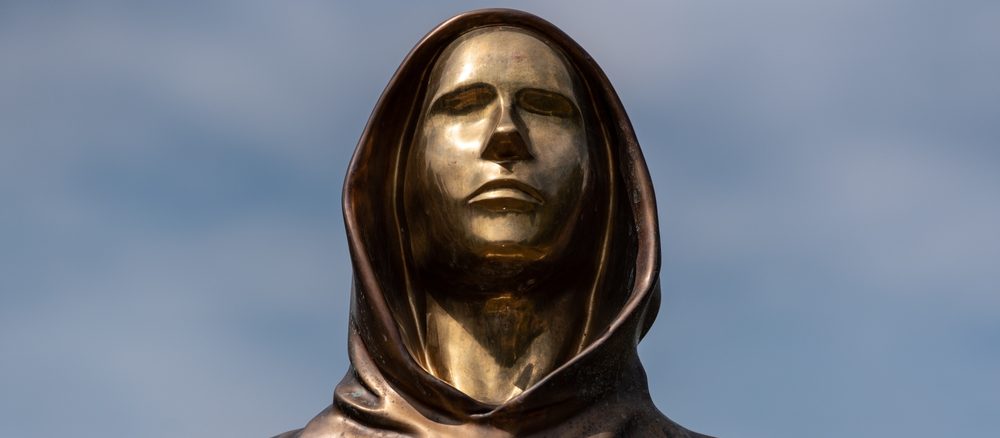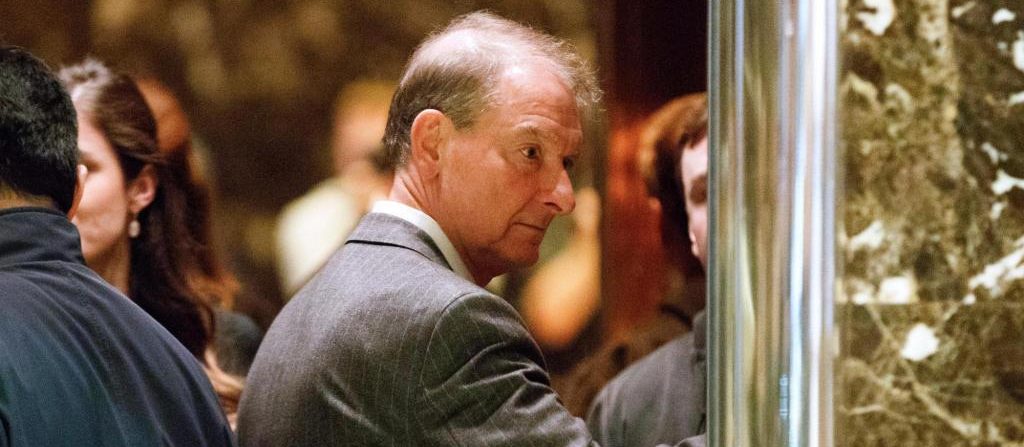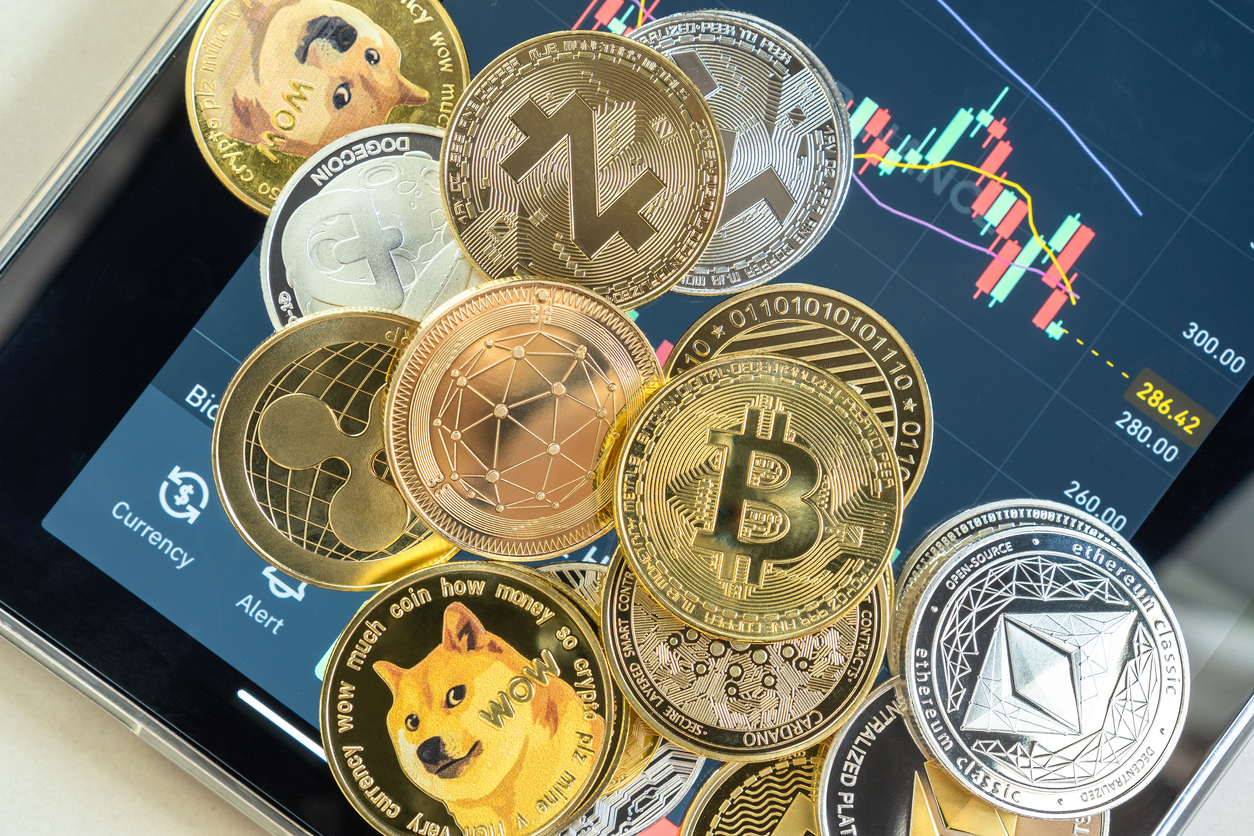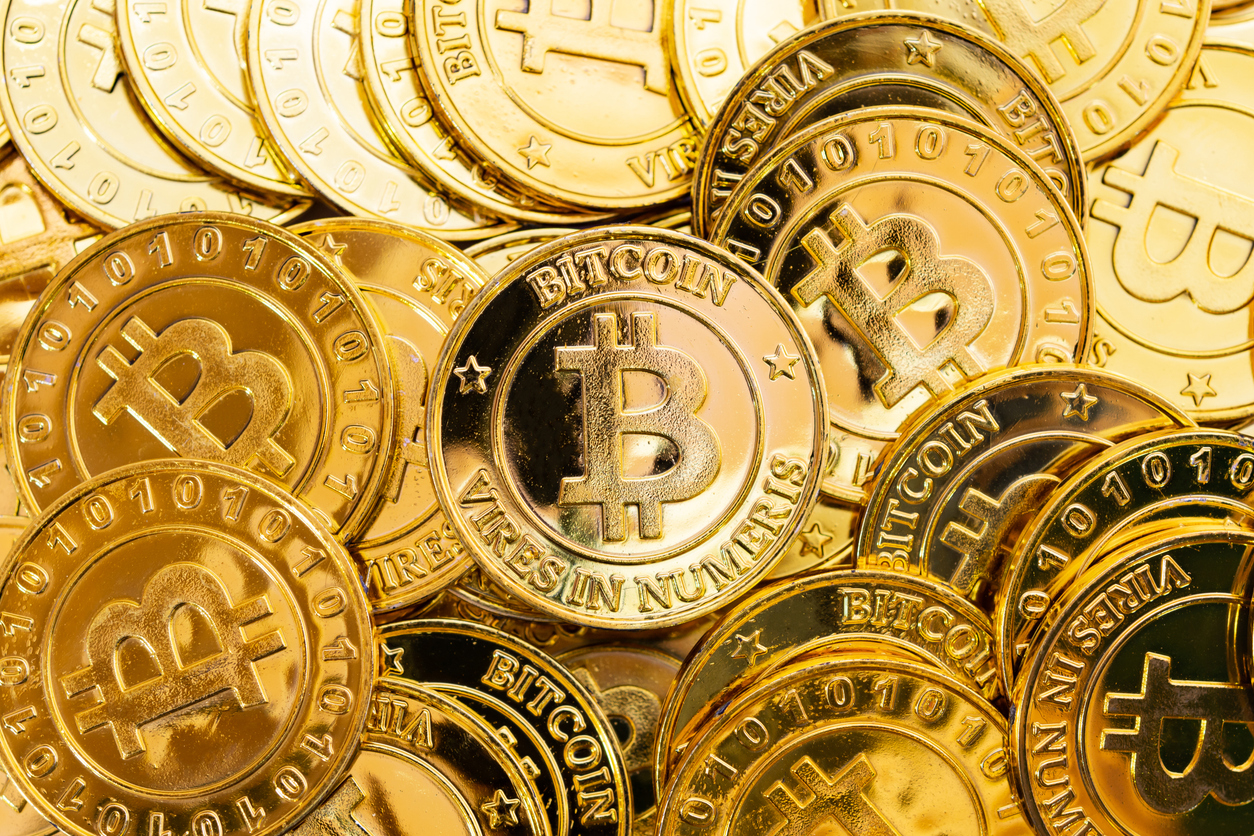Digital Divorces & the Impact NFTs Have on Them
With blockchain trends bursting into the mainstream, divorce lawyers explain how prenuptial agreements can protect spouses from unforeseen financial complications.
Crypto culture is soaring: according to the Financial Conduct Authority, over 2.3 million UK adults now hold some form of crypto asset, such as Bitcoin.
NFTs (non-fungible tokens), which are bought and sold with cryptocurrency, are also rocketing in popularity. The global NFTs market hit £16.5 billion in 2021, according to DappRadar — 220 times its value in 2020.
Like cryptocurrencies, the value of NFTs can be volatile and their marketplace is unregulated and decentralised. In addition, NFTs can’t be divided up like cryptocurrencies can be. Yet they’re becoming more common across financial portfolios, causing issues in dealing with marital breakdowns and leaving the judicial system playing catch-up.
Che Meakins, a lawyer specialising in prenuptial agreements at Rayden Solicitors, encourages couples entering a marriage to consider a prenuptial agreement to provide protection in a landscape where digital assets are increasing.
Che says, “A prenup is simply a document that details how certain assets should be dealt with if a marriage or civil partnership comes to an end. Although they’re not legally binding in the UK, there is an increasing body of case law to show judges will uphold such agreements in the right circumstances and they can greatly simplify legal matters after a separation.”
The world of NFTs is confusing: just 21% of Brits know what an NFT is. When it comes to divorces, they introduce various factors that complicate the already difficult process of fairly dividing assets.
“Essentially, it gives you a safety net, because nobody knows what the future holds — both for a marriage and for new types of assets that might be complicated to divide. There’s also a lot of uncertainty around valuing assets such as NFTs and crypto. With a prenup, both parties can benefit from more clarity and peace of mind for the future.”
How do NFTs affect divorce proceedings?
The world of NFTs is confusing: just 21% of Brits know what an NFT is. When it comes to divorces, they introduce various factors that complicate the already difficult process of fairly dividing assets.
- Anonymity - The blockchain world is decentralised, anonymous and unregulated, meaning assets can be difficult to track down
- Volatility - NFTs can plunge or surge in value unpredictably, making it tricky to determine a fair financial settlement
- Tax - It’s not entirely clear whether all NFTs are taxable assets and people could also wrongly assume that cryptocurrencies aren’t taxable, so it could be that not all assets are taken into consideration
- Smart contracts - Clauses attached to NFTs could change their value in the future and might include royalty payments, replicating the NFT for further sale or automatic sale of the NFT at a certain valuation
Kristjan Kangro, CEO of cryptocurrency investment platform Change, says:
“As crypto is still in the adoption phase, regulators and lawmakers are still learning just like consumers. One area this is particularly true is in divorce settlements. And, this is also an area where crypto experts and service providers are really coming to the rescue to engage and explain the ins and outs of the tech.
“The added complication is also how exactly to value the assets. However, there’s an upside here. Once you’ve decided how to split, it’s incredibly easy and fast to move the assets between parties, shortening the process significantly. It’s important to note, there’s a huge misconception that crypto assets are untraceable. It’s not as simple as that. All transactions are recorded in public ledgers (Blockchains), available for all to examine, meaning it’s not so easy to keep crypto assets hidden from the divorce process.”
Che Meakins concludes:
"Very few people really understand how cryptocurrency works and even fewer know what an NFT is. Yet as more and more people acquire these digital assets, we’re sure to see them crop up again and again in divorce settlements. So I urge people to formalise matters with a prenup. Doing so will take some uncertainty away from an area that feels a little like the Wild West right now, where unregulated currencies bounce around volatile markets. Nobody entering into a marriage wants to feel like they’re in the dark. If one partner has digital assets, it might seem more secretive than traditional assets, particularly if the other person doesn’t understand too much about how this new class of assets works. So as well as providing protection, a prenup can help people to start their marriage with complete honesty. It’s a win-win."












